#Mercedes-Benz
Rare Rides: The 2000 Mercedes-Benz CL 500, a Finale Called Final Edition
Large, luxurious, and very serious, the first generation CL was also an SEC and S during its life. While Mercedes-Benz played the Nineties naming games with its lineup, the W140 soldiered on in two-door format as a last-of for a top-tier Mercedes coupe.
Mercedes Confused Over Why It Ditched V8s for U.S. Market
While Mercedes-Benz has gradually been moving away from larger motors, it was still a shock to learn that the company would be removing the brunt of its V8-powered lineup in the United States for the 2022 model year. Higher-end vehicles typically come with broader profit margins and Americans tend to like V8s, so it was strange to see the brand tailoring its product at the last minute. Less surprising, however, was watching the entire automotive community speculate on the reasons why.
As your author is constantly suspect of regulations, it was my assumption that emissions compliance was the main culprit. But one would assume European rules would have put the kibosh on V8s in the home market long before cars were neutered in North America. Mercedes likewise suggested this was not the case, alluding to supply chain issues that have been hampering the industry since the start of 2020 while it promised to fix the problem as soon as possible. Then, Daimler executives started giving different answers and hit the reset button on the global supposition surrounding the discontinued engines.
BMW, Daimler Sued for Not Being Green Enough
While I often criticize manufacturers, I try to remain sympathetic to their collective plight. Despite being multinational corporations that typically lack accountability, they’re still businesses that need to turn a profit to maintain their existence and are constantly coping with fluid regulatory rules or social pressures. That’s one reason why green initiatives are often more about optics and money than achieving any tangible environmental goals.
But not adhering to cultural dogmas can have real ramifications, as BMW and Daimler recently found out. The companies are being sued in their native Germany for allegedly failing to meet carbon reduction targets and not setting an official date to abolish the internal combustion engine.
German Automakers Aren't Interested in Returning to Normal
With supply chain hiccups crippling the automotive industry’s ability to conduct business as normal, resulting in rolling production stalls and skyrocketing vehicle prices, manufacturers looked to be in serious trouble throughout the pandemic. But we learned that wasn’t to be the case by the summer. Automakers were posting “surprise profits” because people still needed cars. We also found out there’s been a growing appetite for expensive (see: highly profitable) models and the industry saved itself a bundle by not needing to pay for office space or line workers, as COVID restrictions kept everyone at home.
Having considered the above, most automakers are seriously considering how they can further leverage this new modality. German manufacturers have even said they’re not that interested in going back to the normal way of doing things — instead electing to intentionally limit volumes and focus on high-end models that will yield the greatest return on investment. But it’s not quite the curveball it seems, as some companies were already ditching the volume approach.
Rare Rides: The 1999 Mercedes-Benz C 230, the First Modern Compact Mercedes
The Nineties W202 C-Class was Mercedes’ second-ever compact car offering, after its debut small car the 190. Not made of the heritage-level materials of the 190, the W202 cars were largely trashed at the bottom of their depreciation curve a decade ago by second and third owners.
Said trashing is why today’s very clean example is so unusual.
Where Your Author Considers Many Impractical Used Car Suggestions (Part II)
I’m back with more boring used car content, a topic some of you apparently despise with a passion. Caution: More used-car discussion ahead, get out while you still can if this is the case! For the rest of you, let’s review the impractical car suggestions you’ve made that earned a spot on the Yes, I Like list.
Where Your Author Considers Many Impractical Used Car Suggestions (Part I)
Today’s article is a follow up to the one from about a week ago, wherein I outlined my current used car shopping idea: something fairly impractical with two doors. The article racked up 195 comments thus far, and I’ve read them all and taken notes.
Let’s get down to your suggestions. First up are the cars I won’t be considering.
Could Mercedes-Benz C-Class Wagon Come to U.S.?
Wagons are generally considered not viable in the U.S. Just about every recent wagon model has failed, though there are exceptions, usually for crossovers that straddle the line between wagon and wagon-like (Subaru, looking in your direction).
Even the Jaguar XF Sportbrake, which this author found quite sexy, was sent packing.
All that said, Mercedes-Benz might be trying to bring a wagon back to our market
Where Your Author Considers Purchasing Something Less Practical
It’s been a few weeks since I sold the Golf Sportwagen back to the dealership from whence it came, and it’s still there if any of you would like a very clean Golf with no present water issues. Since then, I find myself peering out the kitchen window at the empty driveway space where the Golf used to reside. And it makes me have many thoughts, impractical thoughts.
Locked Up: Mercedes-Benz to Charge for Access to EQS' Rear-Wheel Steering
If you want the more-advanced version of the rear-wheel steering system on the Mercedes-Benz EQS, and you live in Germany, prepare to pony up to unlock the software.
How I Missed the Biggest Automotive News Story of the Past Decade
Dieselgate. It was one of the biggest corporate scandals in recent history, resulting in billions of dollars in fines, CEOs stepping down in shame, a few scattered criminal charges, and the death of Volkswagen’s beloved TDI diesel engine line in North America. You could even argue that the current accelerated push for EVs is just ongoing fallout from the initial Dieselgate dirty bomb. But by far the worst thing about Dieselgate is that I saw things happening with my own eyes back in 2008, had no idea what I was looking at, and blew my chance to break the biggest automotive news of the decade.
Allow me to set the stage a bit.
Junkyard Find: 1996 Mercedes-Benz SL 320
Mercedes-Benz Accidentally Shares Consumer Data
Mercedes-Benz inadvertently leaked the private data of some of its customers. The good news is that the number of affected people was alleged to have capped somewhere around one thousand at the time of this writing. But the bad news is that this wasn’t like having your e-mail or phone number getting out there. Contents reportedly included customers’ social security numbers, self-reported credit scores, driver licenses, addresses, and credit card information.
While the odds of you personally being affected remain low, the circumstances in which this took place are becoming increasingly common. Customers and interested buyers entering personal data into company and dealer websites between 2014 and 2017 had their data stored via a cloud storage platform. But it wasn’t as secure as it should be and Mercedes is now blaming the vendor for the security breach and subsequent embarrassment.
Rare Rides: An Extremely Rare Isdera Imperator 108i From 1991
You might recall Rare Rides featured an Isdera not long ago, a silver Spyder 036i from 1991. Today we return to the exclusive German marque to learn about their flagship sports coupe.
Let’s check out the Imperator.
Rare Rides: The Very Obscure DKW Schnellaster Elektro-Wagon
Recently Rare Rides featured a very clean example of the DKW Schnellaster van from 1956. The front-drive and transverse-engine layout of the Schnellaster previewed in the Forties the basic format of the family minivan that would arrive over three decades later.
Among the standard Schnellasters produced, there was an even rarer variant: An electric version, as DKW experimented with the possibilities of early EV tech.



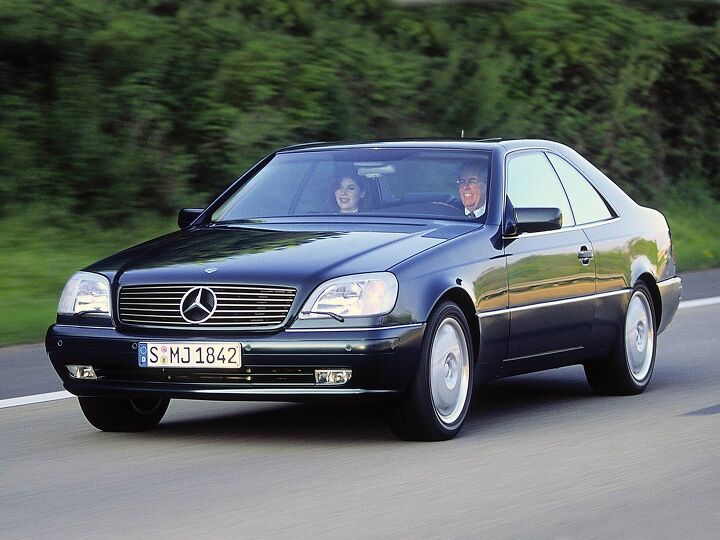
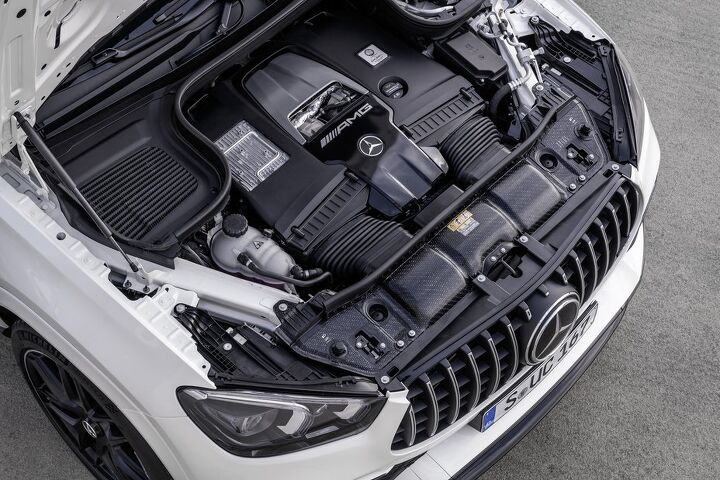

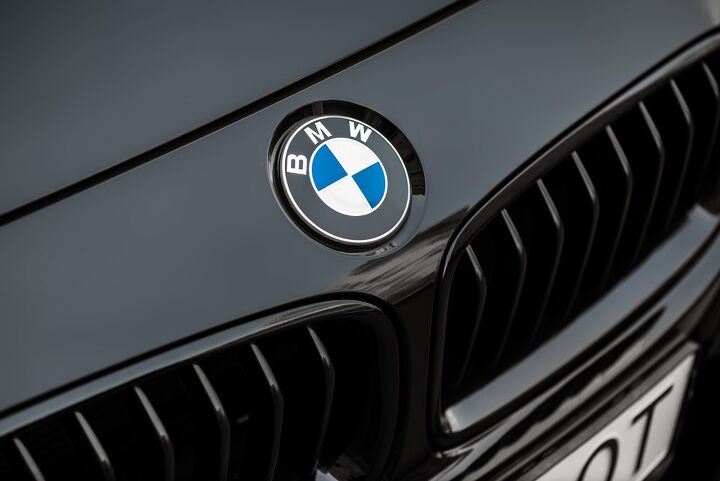
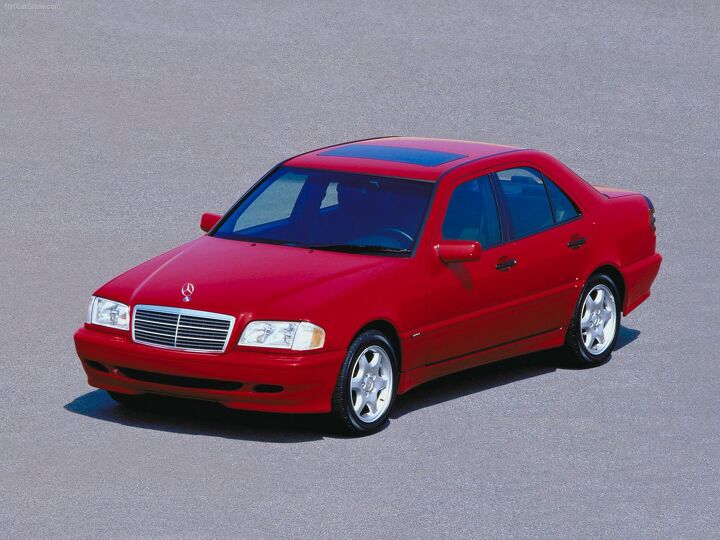

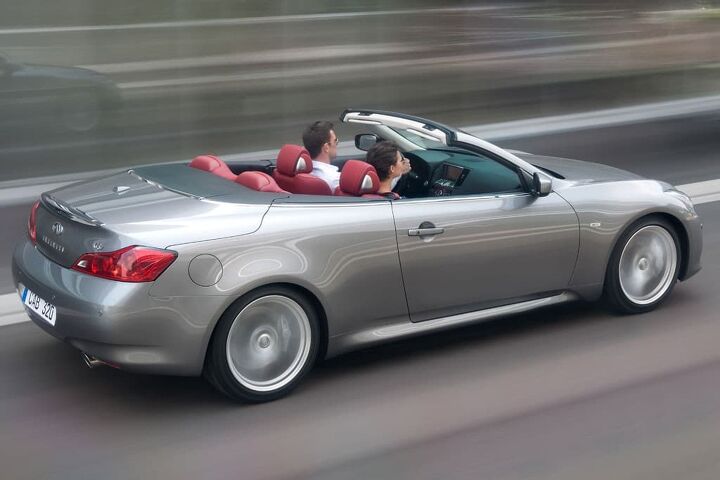




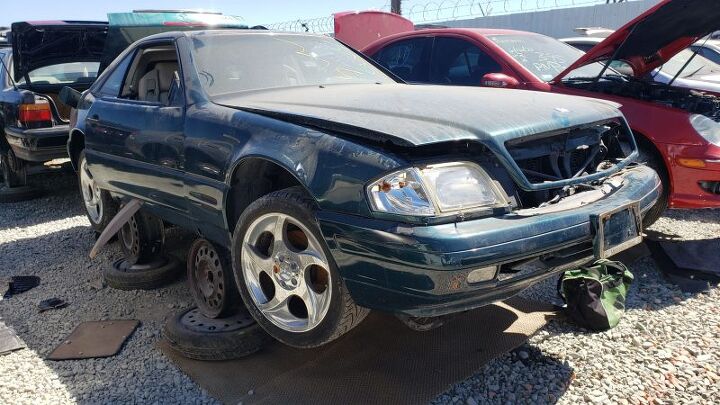
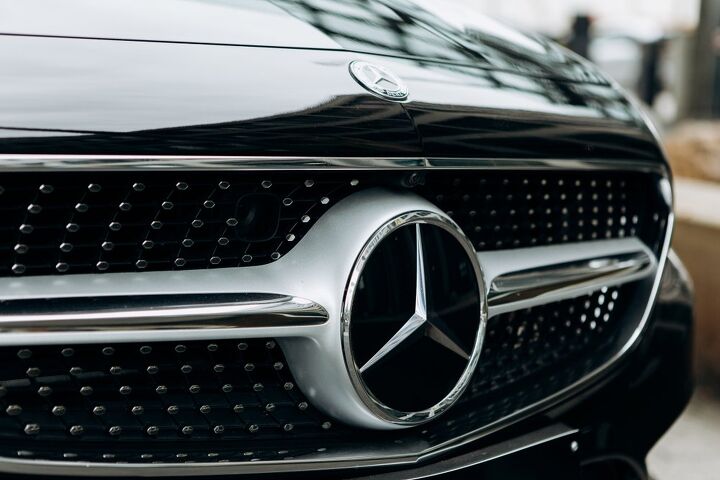

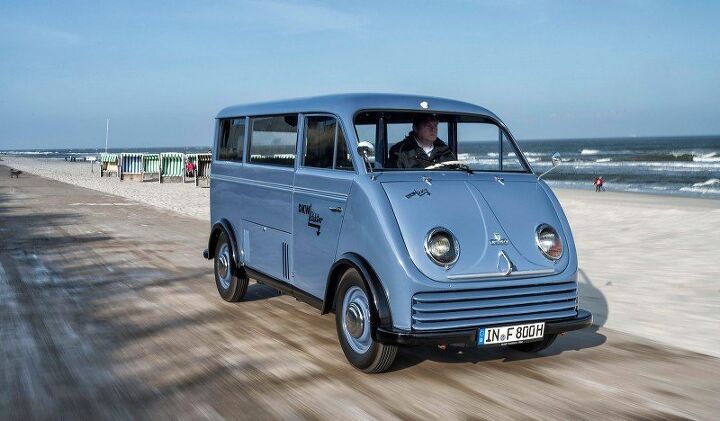












Recent Comments